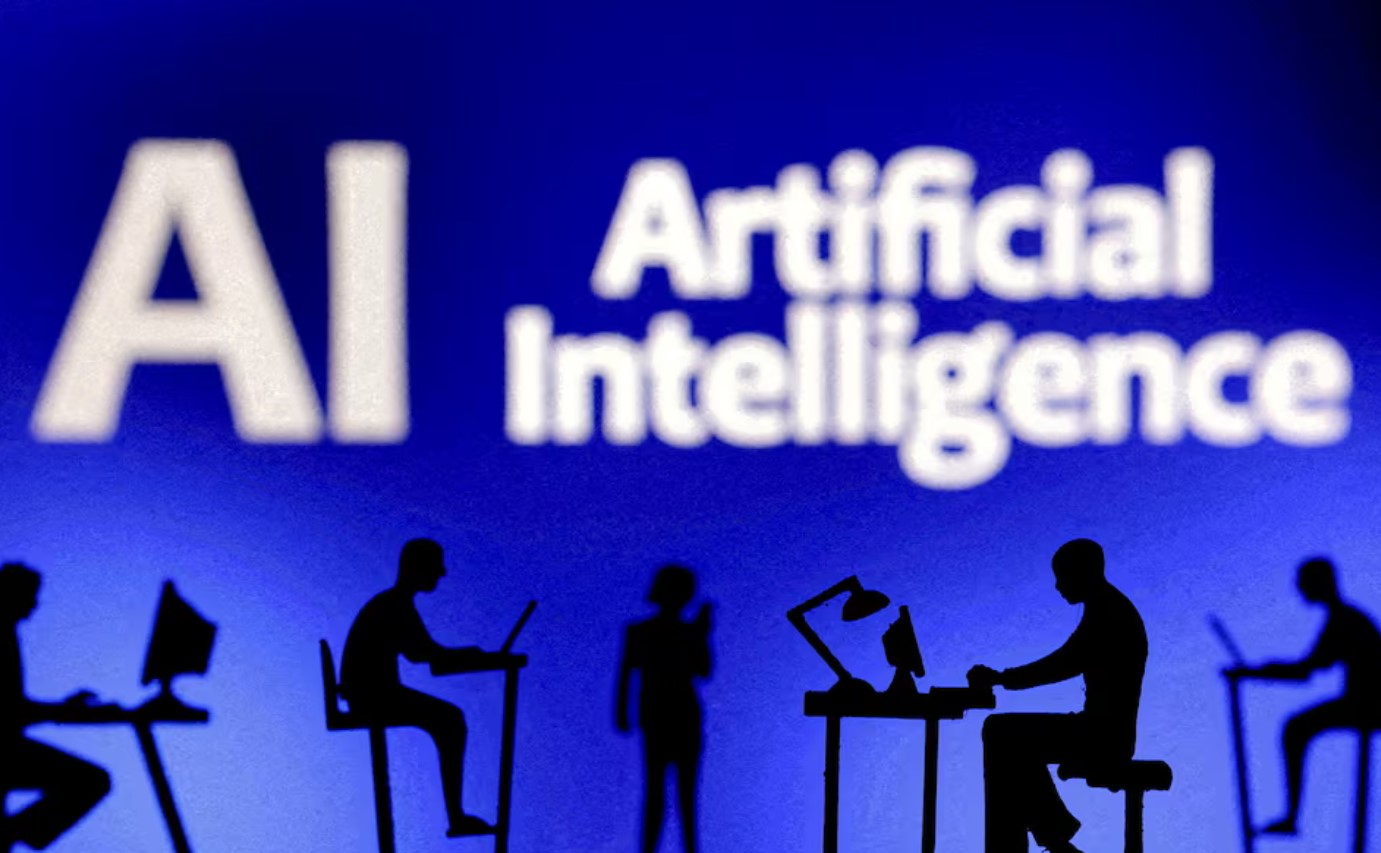Artificial intelligence is pushing companies towards flatter hierarchies, allowing them to focus on advanced education and skills, according to Fivos Tsountas, Principal at KPMG Cyprus.
“Artificial intelligence (AI) technologies are becoming increasingly important in transforming business and industry,” said Tsountas in a piece of analysis released this week.
He pointed to recent studies that rely on employee resumes and job postings to track AI investments and their impact at the firm level.
“These studies show that companies with a higher proportion of employees with high education and STEM skills are more likely to invest in AI technologies,” Tsountas mentioned.
According to Tsountas, the drive towards AI is creating a demand for a more knowledgeable workforce.
“Companies investing in AI are increasingly in need of workers with university degrees or master’s degrees, as well as those with greater expertise in STEM fields and IT skills,” he explained.
This requirement for specialised knowledge and technical skills is pushing firms to prioritise hiring people with advanced education and relevant expertise.
Tsountas also noted significant changes in company structures due to AI investments.
“There is a trend towards a flatter organisational structure, with an increase in younger employees and a decrease in middle and senior management positions,” he stated.
This trend, he suggested, indicates that companies embracing AI are likely to depend more on skilled workers and less on traditional management layers, simplifying the hierarchical makeup of businesses.
“Overall, this transformation promotes a workforce composition that prioritises highly skilled employees capable of effectively leveraging AI technologies,” Tsountas explained.
The need for businesses to adapt to these new technological demands is critical, Tsountas emphasised.
“Moves such as the recent Artificial Intelligence Act from the European Commission, which introduces a detailed legal framework, highlight the need for immediate action,” he said, contrasting it with the less stringent regulations in countries like the US.
However, he cautioned that “over-regulation may hurt development and, as a result, competitive advantages may be lost.”
Discussing the challenges of integrating AI, Tsountas pointed out the resistance from employees who fear job loss and feel unprepared for the shift towards new technologies.
He also mentioned the prevalent skills gap, necessitating “significant training and upskilling to ensure employees can use AI tools effectively.”
“Some professions are more exposed to the negative effects of AI, while others present more opportunities for growth,” Tsountas explained.
Occupations involving repetitive tasks, like mid-level managers and certain financial and maintenance roles, are more likely to be replaced by AI.
In contrast, jobs that require high levels of technical knowledge, especially in STEM fields, are seeing increased demand.
Tsountas noted that “AI will continue to influence the labour market and business organisations”.
He also said that “companies that can harness these technologies and adapt to new requirements will have a significant competitive advantage”.
“However, it is crucial to ensure that this technological progress contributes to creating a fairer and more sustainable economic environment, avoiding social inequalities,” he concluded.







Click here to change your cookie preferences